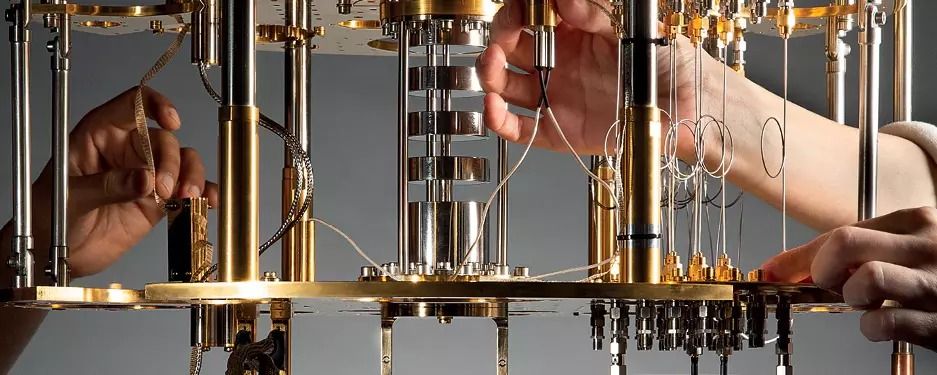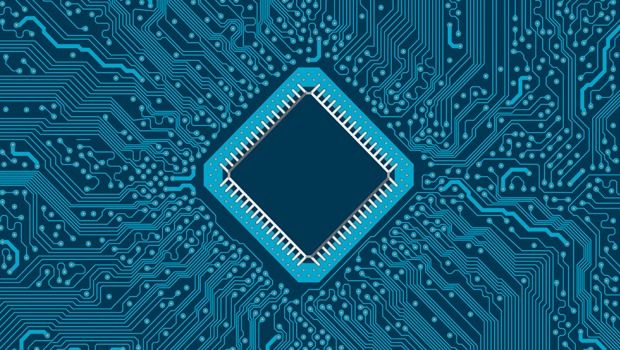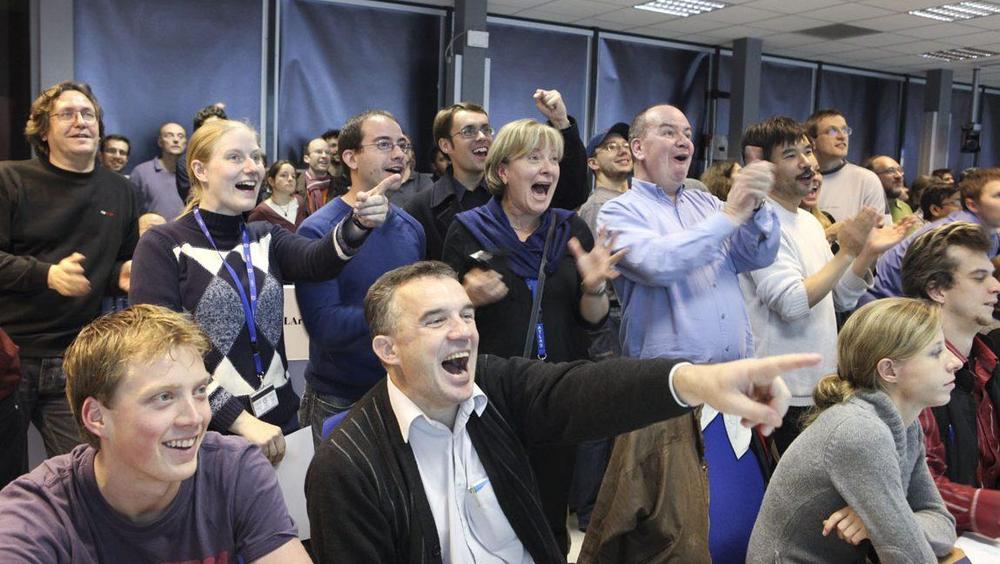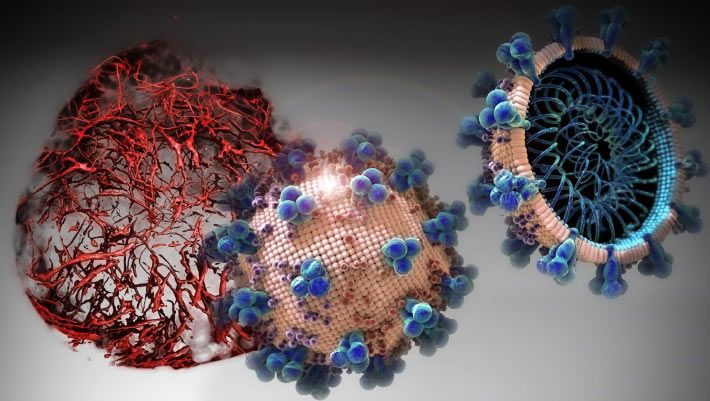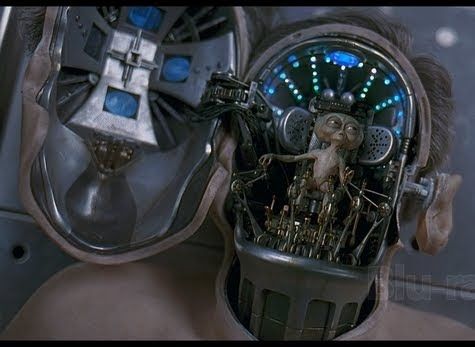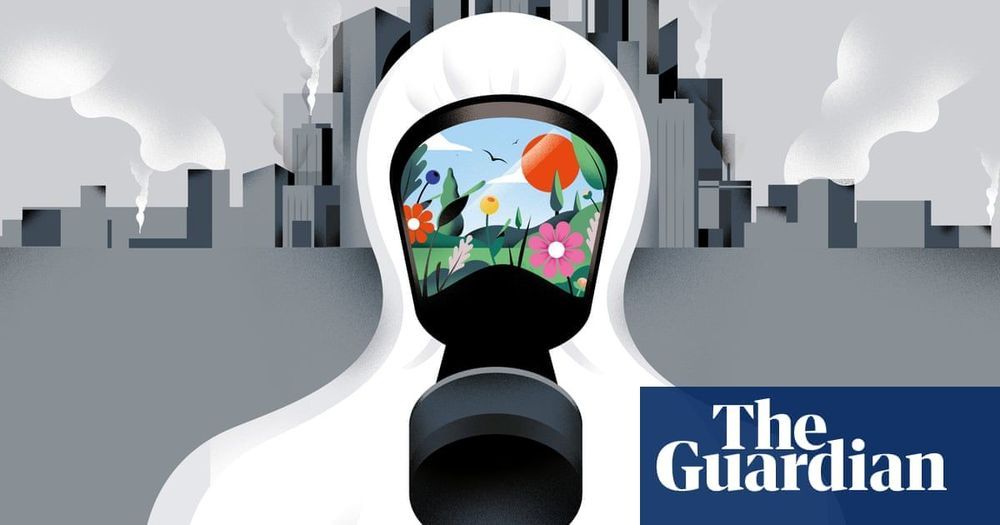It’s been said that quantum computing will be like going from candlelight to electric light in the way it will transform how we live. Quite a picture, but what exactly is quantum computing?
For the answer to that question, we’ll have to visit a scale of existence so small that the usual rules of physics are warped, stretched and broken, and there are few layperson terms to lean on. Strap yourself in.
Luckily, we have a world-leading researcher in quantum computing, Professor David Reilly, to guide us. “Most modern technologies are largely based on electromagnetism and Newtonian mechanics,” says Reilly in a meeting room at the University’s Nano Hub. “Quantum computing taps into an enormous new area of nano physics that we haven’t harnessed yet.”
